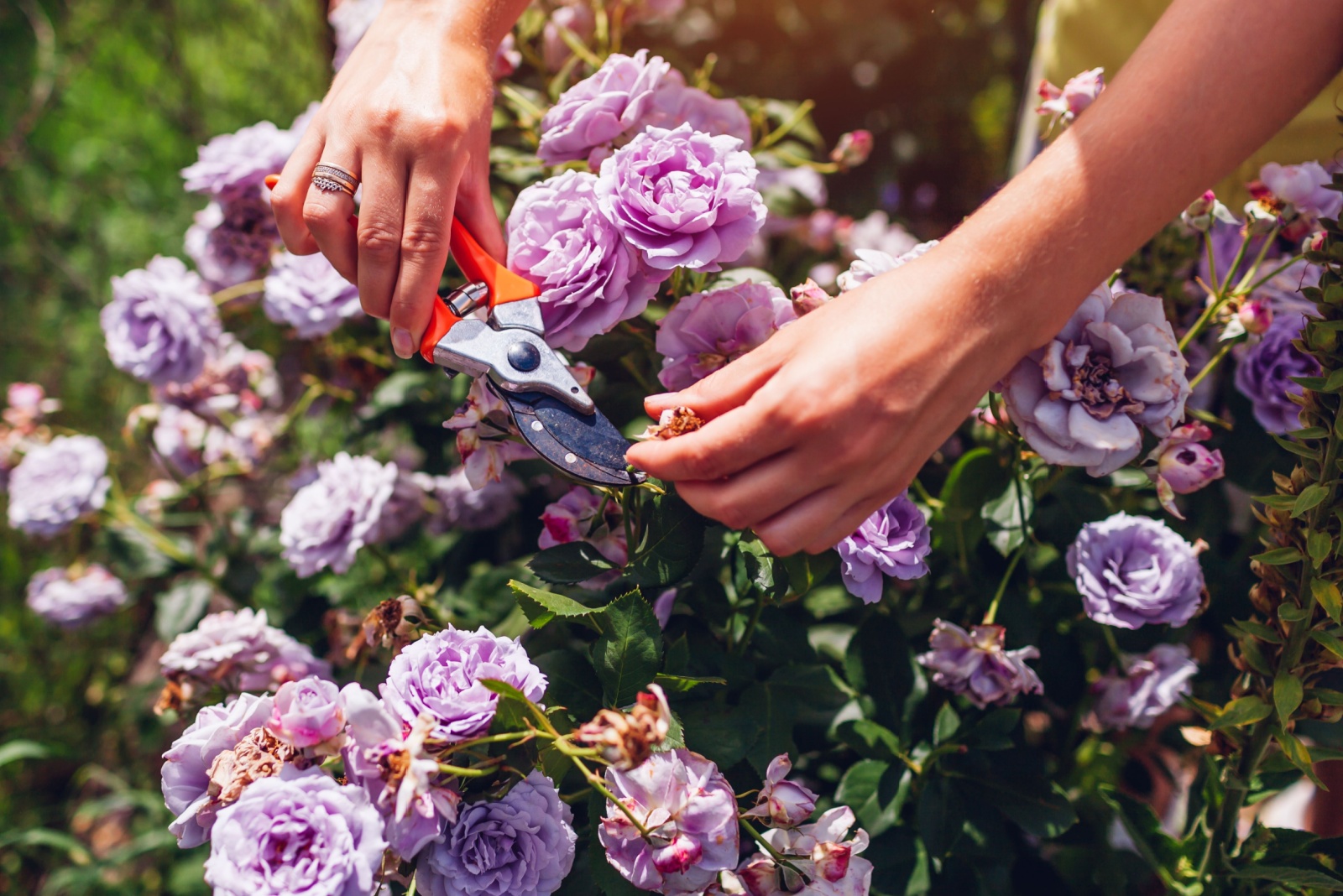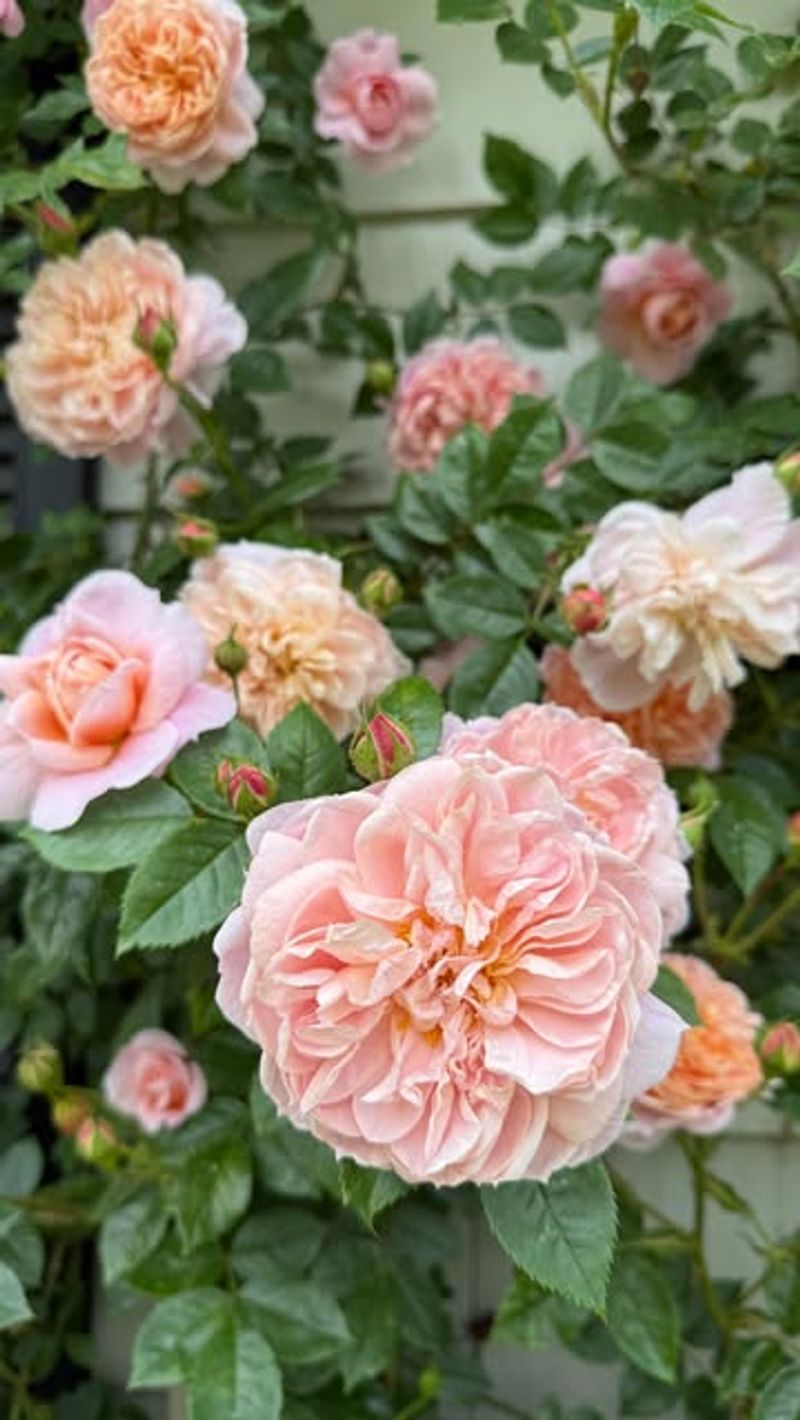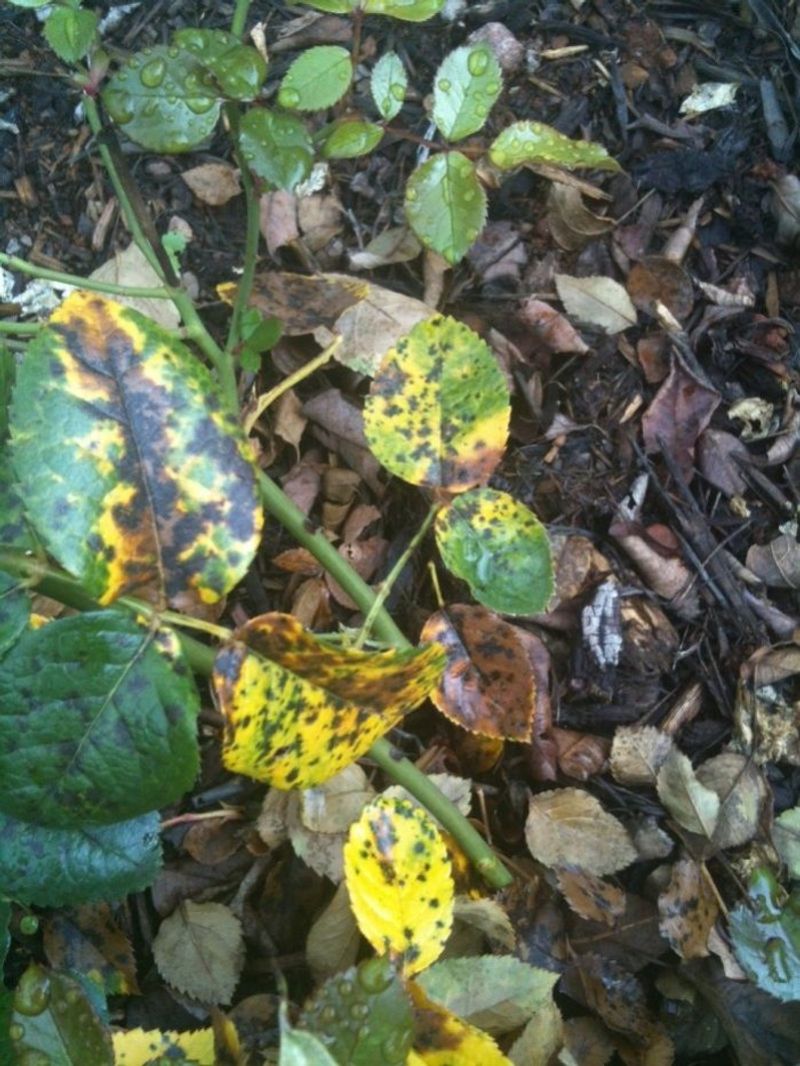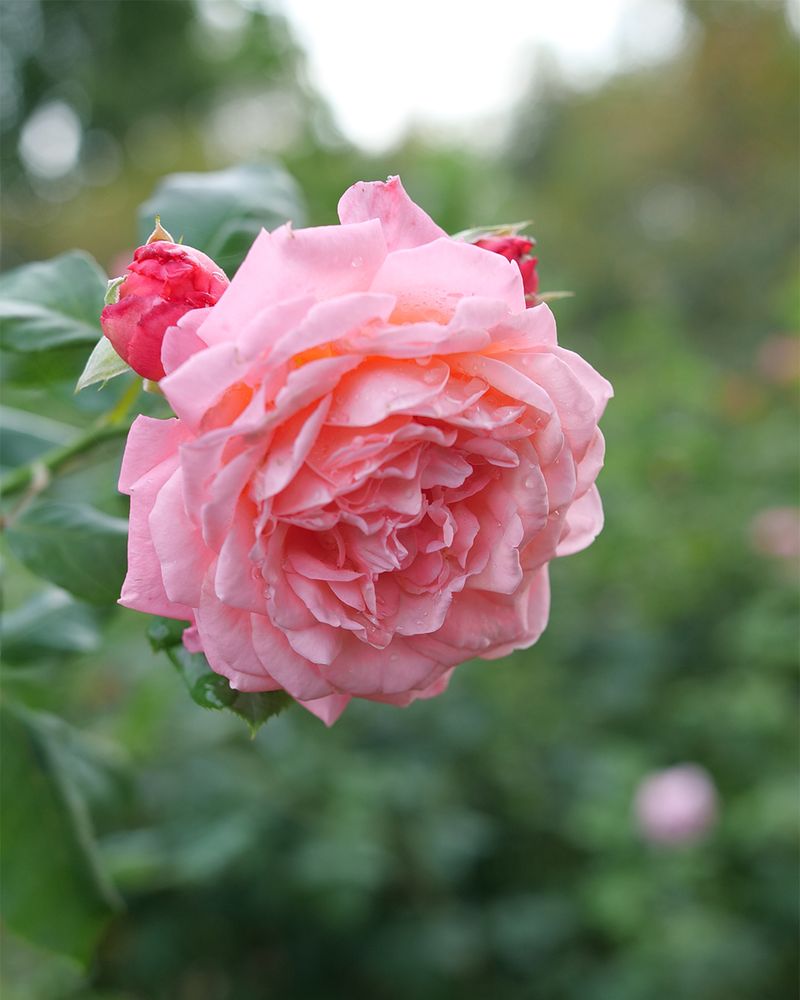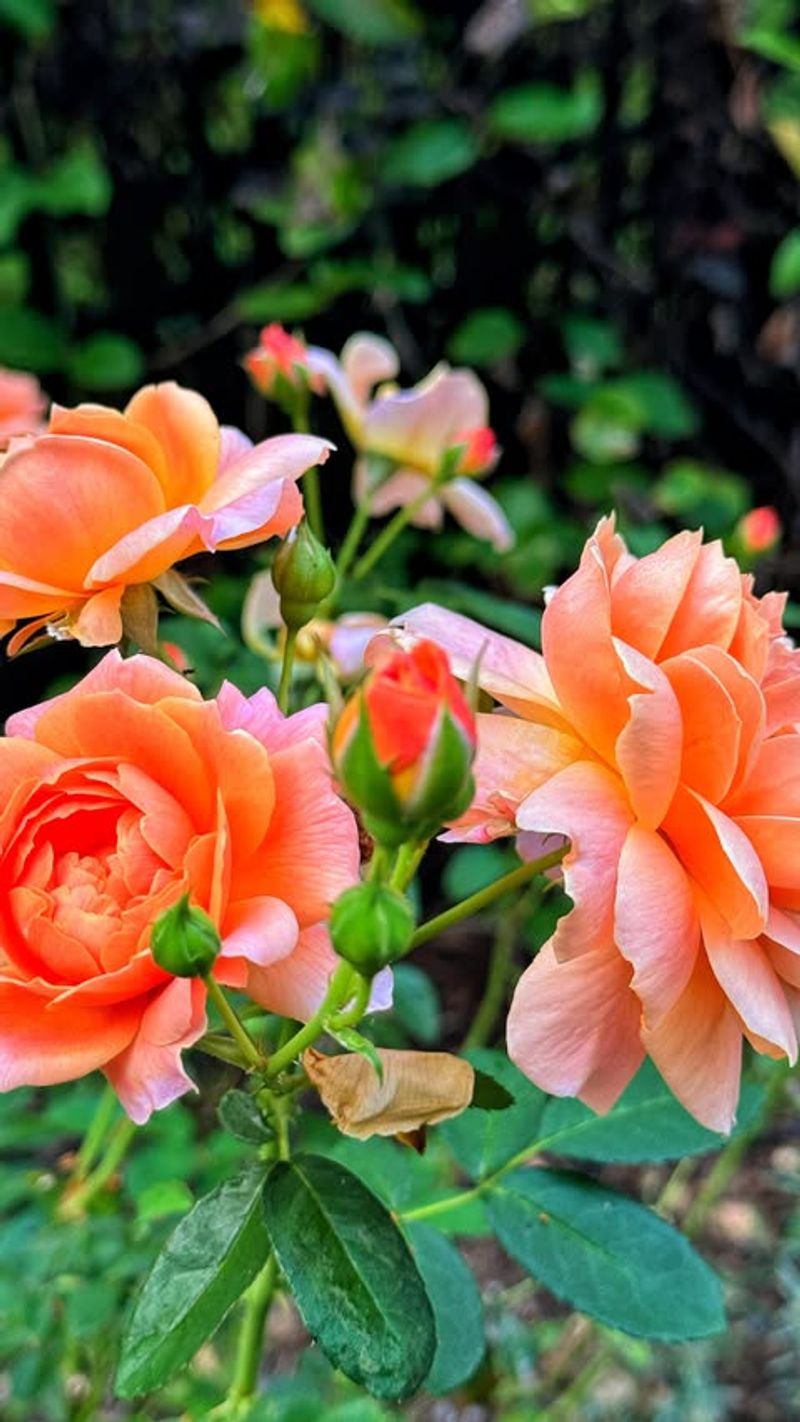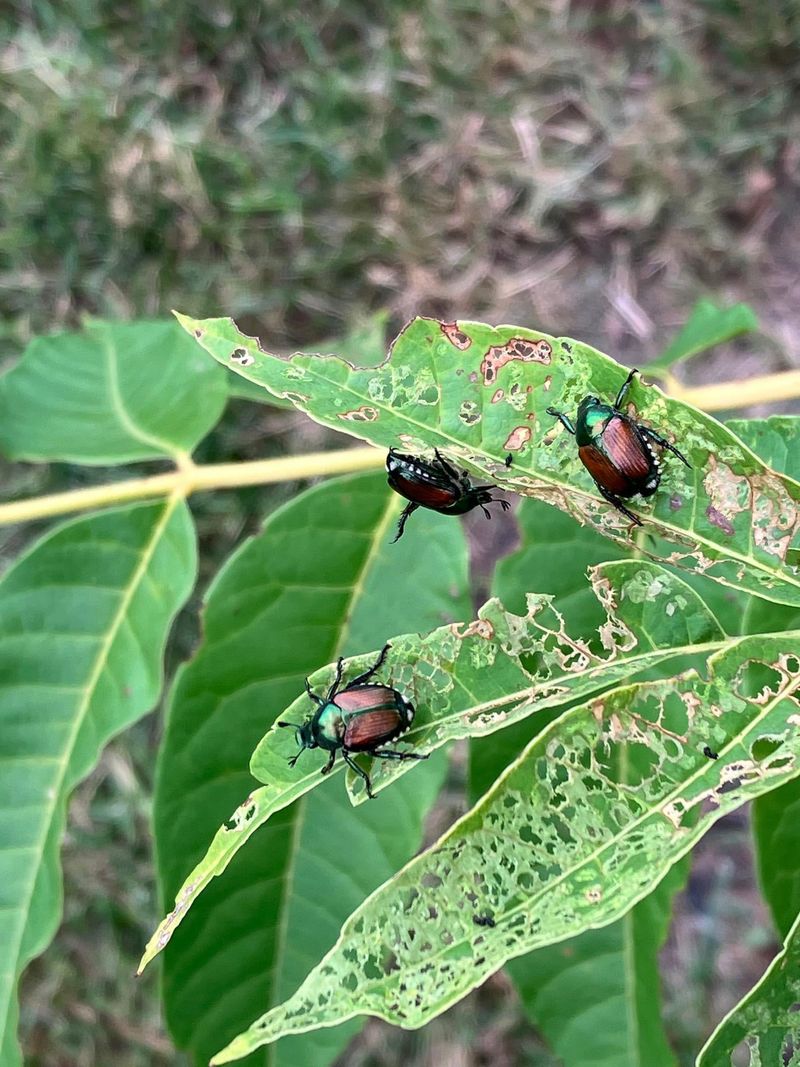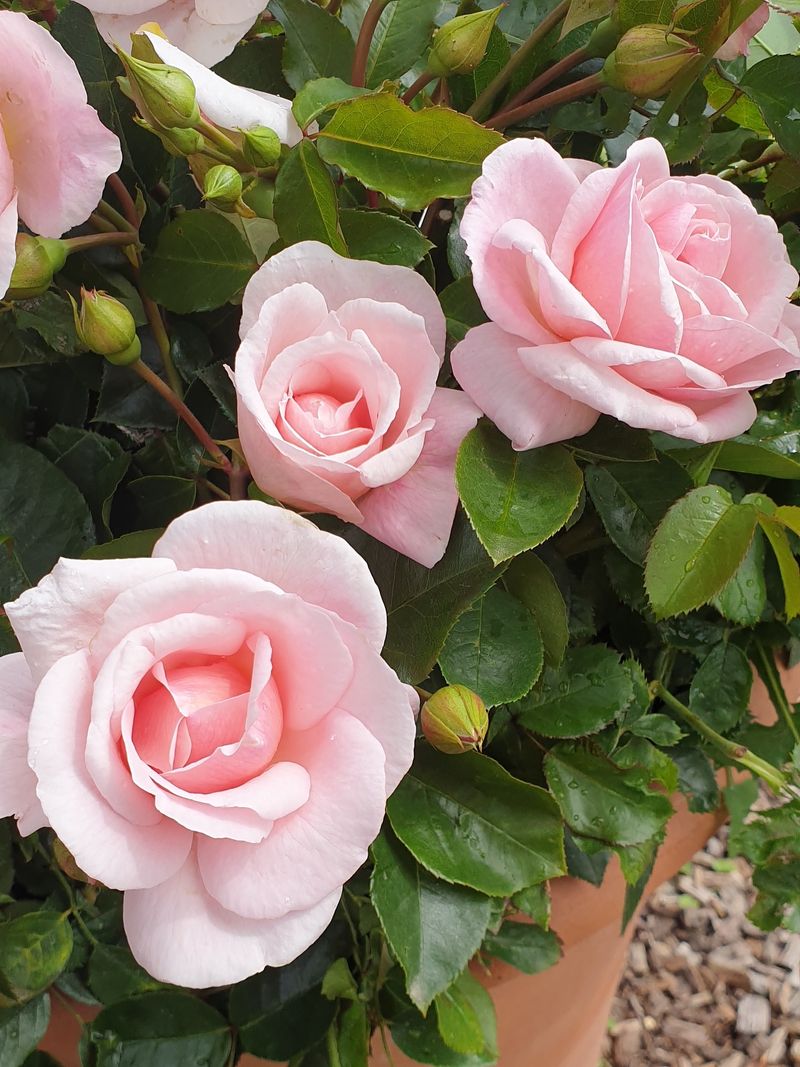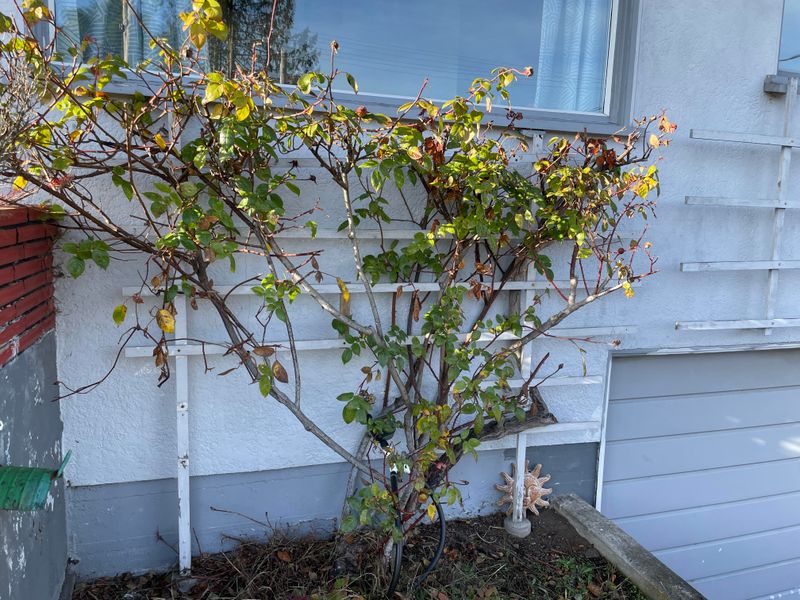New Jersey gardeners know that rose bushes can add amazing color and fragrance to our yards. But keeping those roses looking their best takes a bit of care, especially during our hot summers and unpredictable springs.
Deadheading – removing spent blooms – is one simple technique that makes a huge difference in your garden’s health and appearance.
1. Boosts Summer-Long Flowering
When you snip off faded roses, you’re actually telling your plant to make more flowers instead of focusing energy on making seeds. This is especially helpful in New Jersey’s long growing season where we can enjoy multiple bloom cycles.
I’ve noticed in my own garden that deadheaded roses often produce new buds within just a week or two. The difference between maintained and unmaintained rose bushes becomes really obvious by mid-July when proper care keeps the show going.
Your neighbors with untended roses might see one good bloom in June, while your deadheaded bushes can keep flowering well into September, even as other garden plants start to fade.
2. Prevents Black Spot Disease Spread
Our humid New Jersey summers create perfect conditions for black spot fungus to thrive on roses. Removing spent blooms eliminates potential infection sites and improves air circulation through your bushes.
The fungal spores that cause those unsightly black spots on rose leaves love to settle on dying flower parts. By keeping your plants tidy through regular deadheading, you’re taking away their favorite landing spots.
For me, I noticed a dramatic decrease in disease problems once I started deadheading consistently. This simple practice means I rarely need to use fungicides in my Monmouth County garden anymore.
3. Creates Neater Garden Appearance
Brown, shriveled blooms hanging on otherwise beautiful rose bushes can make your whole yard look neglected. A quick deadheading session instantly refreshes your garden’s appearance without major effort.
Many Garden State neighbors have commented on how my yard always looks so well-maintained. The secret isn’t hours of work – it’s just 10 minutes of deadheading every few days while I enjoy my morning coffee.
This practice is especially important for roses planted near patios or walkways where visitors can get up close. Nothing ruins curb appeal faster than dead flowers drooping over your front path!
4. Encourages Stronger Root Development
The Jersey soil can be challenging in many areas, from the sandy conditions down shore to the clay-heavy earth in northern counties. Deadheading helps roses develop stronger root systems by redirecting energy downward instead of into seed production.
After three seasons of consistent deadheading, my rose bushes survived that brutal winter we had without any special protection. Their improved root systems made them much more resilient to both cold snaps and summer droughts.
Strong roots also help roses compete better with our notorious New Jersey weeds that seem to pop up overnight in summer!
5. Limits Japanese Beetle Damage
Those pesky Japanese beetles that invade New Jersey gardens every summer are particularly attracted to rose blooms. By removing spent flowers promptly, you’ll give these destructive pests fewer places to gather and mate.
Last year, my neighbor’s untended roses became completely covered with beetles while my deadheaded bushes suffered minimal damage. The beetles simply had fewer landing spots and moved on to easier targets.
As an added bonus, regular deadheading means you’re checking your plants frequently, allowing you to spot and address beetle problems before they get out of hand.
6. Extends Rose Bush Lifespan
Regular deadheading reduces the stress on your rose bushes, helping them survive our sometimes harsh Jersey winters. Plants that aren’t exhausted from seed production have more energy reserves to endure cold temperatures.
The oldest rose in my Princeton garden is now 17 years old and still flowering beautifully. I attribute its longevity directly to consistent deadheading throughout its life, giving it strength to bounce back year after year.
When you consider the cost of replacing mature roses, spending a few minutes deadheading makes good financial sense for any Garden State homeowner.
7. Provides Free Cutting Practice
For beginning gardeners in New Jersey, deadheading offers a risk-free way to practice proper pruning techniques. You can’t really make a mistake when removing spent blooms, unlike major pruning which requires more expertise.
I started teaching my daughter about garden care through deadheading our roses. She gained confidence with garden tools without the worry of harming our plants, and now she’s developing quite the green thumb!
This practice also helps you learn to identify the best cutting points on different rose varieties, knowledge that transfers to all your garden pruning tasks throughout our growing season.

